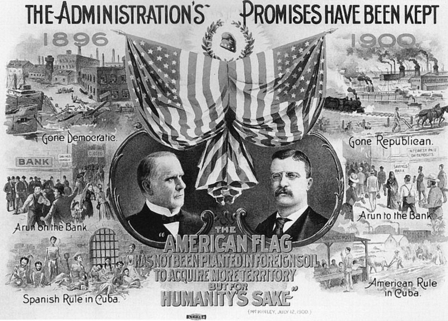 Thanks to Mike Horowitz’s hard work, we now have a list of the finalists in each relevant category of the 2013 Outstanding Achievement in International Studies Weblogging Awards, or what will, despite my best efforts, likely be known as the “Duckies.”
Thanks to Mike Horowitz’s hard work, we now have a list of the finalists in each relevant category of the 2013 Outstanding Achievement in International Studies Weblogging Awards, or what will, despite my best efforts, likely be known as the “Duckies.”
We employed a simple Borda-count rule where the value of a vote was n-(r-1), in which n is the number of finalists a voter can rank and r is the rank a voter assigned. Hence, in “Best Blog (Group)” voters ranked 3 choices. A rank of “1” was worth 3 points (3-[1-1]), while a rank of “3” was worth 1 point (3-[3-1]). An important indicator of the strength of the field: every nominee wound up with point totals in at least the double digits.
In one case (“Best Blog (Individual)”), the difference separating the 6th and 7th place finishes was less than 0.2% — an effective tie — so seven nominees will be considered for that award. In another (“Best Blog Post”), the difference separating fifth and sixth was also less than 0.2%, so six nominees will be considered for that award.
All finalists are listed in alphabetical order.
Best Blog (Group): Abu Muqawama, Crooked Timber, and The Disorder of Things.
Best Blog (Individual): Abu Aardvark’s Middle East Blog, Chris Blattman, Dart-Throwing Chimp, Daniel Drezner, Phil Arena’s Blog, Slouching Toward Columbia, and Steve Walt.
Most Promising New Blog: Grand Blog Tarkin, Political Violence @ A Glance, The Smoke-Filled Room, and Suffragio.
Best Blog Post: Phil Arena, “Measuring Military Capabilities” (Phil Arena’s Blog), Robert Farley, “American Airpower = Smart Power?” (The Diplomat), Amelia Hoover Green, Dara Kay Cohen, and Elisabeth Jean Wood, “Is Wartime Rape Declining On a Global Scale? We Don’t Know — And It Doesn’t Matter” (Political Violence @ a Glance), John M. Hobson, “Eurocentrism, Racism: What’s in a Word?” (The Disorder of Things), Xavier Marquez, “Ten Thousand Melodies Cannot Express Our Boundless Hot Love For You: The Cult of Personality in Mao’s China” (Abandoned Footnotes), and Erik Voeten, “What Good is a UN Human Rights Treaty?” (The Monkey Cage).
I have to admit that I found committing the results to a blog post rather painful. The nominees were terrific; many “just missed” being among the finalists. Indeed, after all is said and done, we’ll publish a thorough debriefing on how everything went and ask for suggestions about how (and whether) to do this again in 2014.
The panel of judges will be announced, I hope, in short order.
Thanks to everyone who voted! Turnout was much higher than we anticipated.
Daniel H. Nexon is a Professor at Georgetown University, with a joint appointment in the Department of Government and the School of Foreign Service. His academic work focuses on international-relations theory, power politics, empires and hegemony, and international order. He has also written on the relationship between popular culture and world politics.
He has held fellowships at Stanford University's Center for International Security and Cooperation and at the Ohio State University's Mershon Center for International Studies. During 2009-2010 he worked in the U.S. Department of Defense as a Council on Foreign Relations International Affairs Fellow. He was the lead editor of International Studies Quarterly from 2014-2018.
He is the author of The Struggle for Power in Early Modern Europe: Religious Conflict, Dynastic Empires, and International Change (Princeton University Press, 2009), which won the International Security Studies Section (ISSS) Best Book Award for 2010, and co-author of Exit from Hegemony: The Unraveling of the American Global Order (Oxford University Press, 2020). His articles have appeared in a lot of places. He is the founder of the The Duck of Minerva, and also blogs at Lawyers, Guns and Money.


there goes my conflict of interest in the individual category ;)